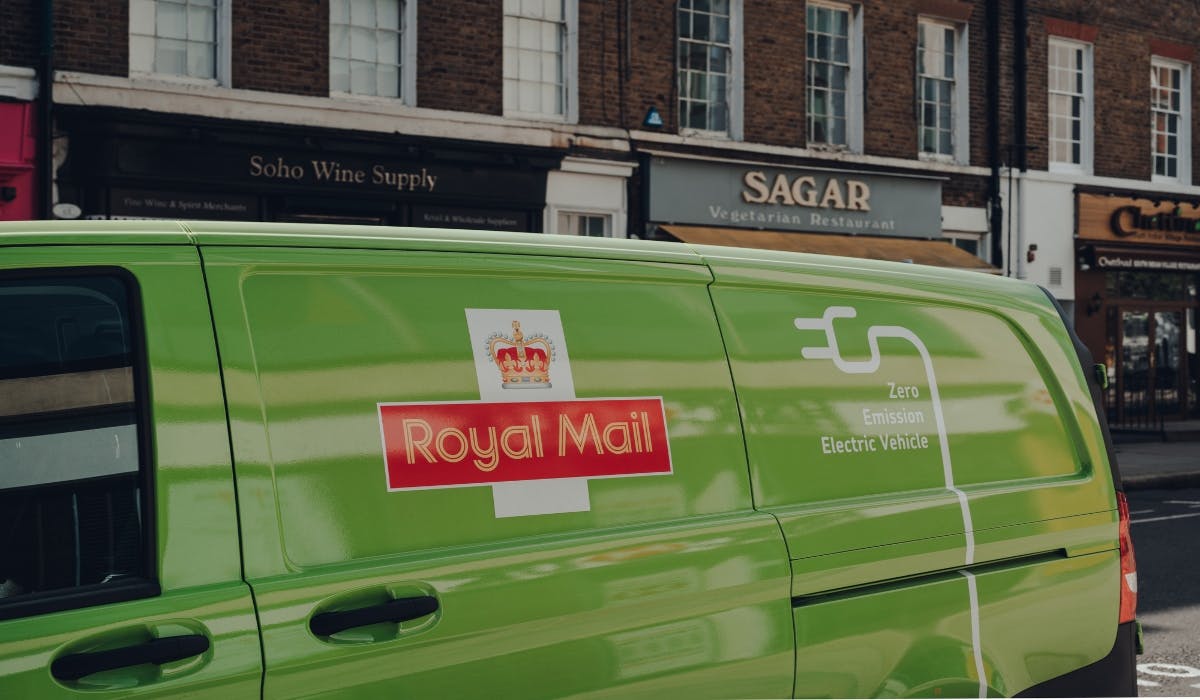Company Van Tax Explained: What Do You Need To Know?
Working out the tax charges on anything is a job we’d all rather leave to an accountant. But understanding tax when leasing a van for business can significantly impact your choice of vehicle.
Luckily, the company van tax on your new van lease is pretty simple to work out!
In this quick guide to company van tax, we’ll go over how it works, how much you need to pay (with examples) and the tax differences when leasing an electric van.
For the best business lease deals on the market, look no further than Lease Fetcher. As the UK's first car leasing comparison site, we round up the best deals from the best brokers, to make your search more efficient!

Do I need to pay company van tax?
You are liable to pay company van tax if you utilise your van for both business journeys and private use.
You need to pay company van tax as opposed to ordinary company car tax if your vehicle is (as defined by HMRC):
"A vehicle constructed primarily for the conveyance of goods or burden, whose design weight does not exceed 3,500kg."
If you have a double-cab pick-up or van with an additional row of seating, you technically fall outside this category.
HMRC says that if your van maintains a payload of at least one tonne with the additioanl seats, and the primary use of the vehicle is transporting goods as opposed to people, you fall under the group who needs to pay company van tax.
To avoid any further confusion, HMRC even put out a list for VAT registered businesses to determine whether VAT can be reclaimed. The list details specific makes and models of car derived vans and combi vans, and indicates whether they’re classed as a van or a car.
How much tax do you pay on a company van?
With company van leasing, the tax you pay depends primarily on the extent of the van’s personal use, and whether or not it’s electric.
Typically, company car tax is calculated based on a variety of factors like Co2 emissions, P11D value and income tax (your personal tax band).
But regardless of whether you’re driving a Mercedes or a Ford, all non-electric vans and light commercial vehicles (LCVs) will be charged tax at a flat rate.
The Benefit In Kind rate (BIK rates) for the current tax year was announced in the Van Benefit and Car and Van Fuel Benefit Order, and currently stands at £3,490 for 2020/21.
So, if you’re a 20% tax payer, the amount of tax you pay is 20% of £3,430, which amounts to £686, or £57.17 a month. For a 40% taxpayer, this amount is doubled.

Here’s an example!
Tax is never anyone's favourite topic, so to make things a bit simpler, we’ve worked out the costs in an example.
Say you want to lease the Ford Transit Custom Van (no back seats, just loading space) on a business lease, with an allowance of 8,000 miles on a 24 month contract.
If you put up 3 months initial rental at a total of £3,339.42, your following monthly payments will be £1,113.14 per month.
As a 20% taxpayer using your van for both business and private journeys, you add a fixed BIK tax rate of £57.17 to your monthly outgoings, bringing you to a total of £1,170.31 per month.
To break this down:
- 3 months initial rental - £3,339.42
- Following monthly payments - £1,113.14
- Monthly BIK rate using the van for both personal & business - £57.17
- Total monthly payments - £1,170.31
To make things even sweeter, van drivers have the lucky perk of including their commute in their business travel. If you use your van solely for business purposes, with only insignificant private use such as commuting, you can claim back 100% of the tax!
How much tax do you pay on an electric company van?
While there are no additional benefits for hybrid vans, fully electric vans do get a better saving! Though you currently pay only 2% company car tax on electric cars (true for 2022-23), with an electric van you get a reduced rate on the fixed BIK charge.
For 2020/21, you pay 60% of the normal rate of £3,490, working out at £2,094. This means as a 20% taxpayer, you pay just £418.80, or £837.60 as a 40% taxpayer.

Summary
If you’re not sure where to start finding a limited company car lease or a self employed car lease, our guide to leasing a van for business has all the information on eligibility, costs, and what you need to lease a business van. We’ve also covered eligibility for car lease tax deduction.
If you’re on the hunt for a cost-effective company vehicle, Lease Fetcher is here to help. We help you compare car lease deals - here are the best business car leasing deals from brokers across the UK so you can swiftly find the right car for a great price. See how much you could save today!
Before your search, arm yourself with our guide “how does business car leasing work?” and car leasing tips to reduce the cost to lease a car.


